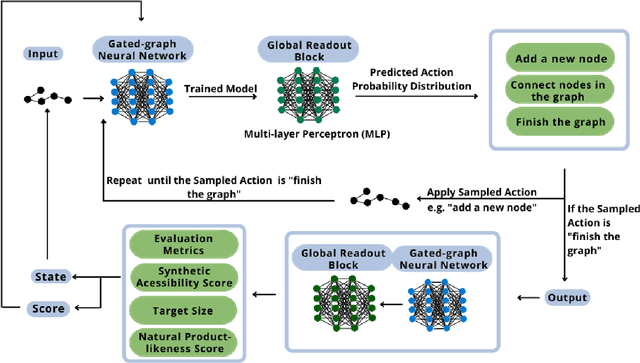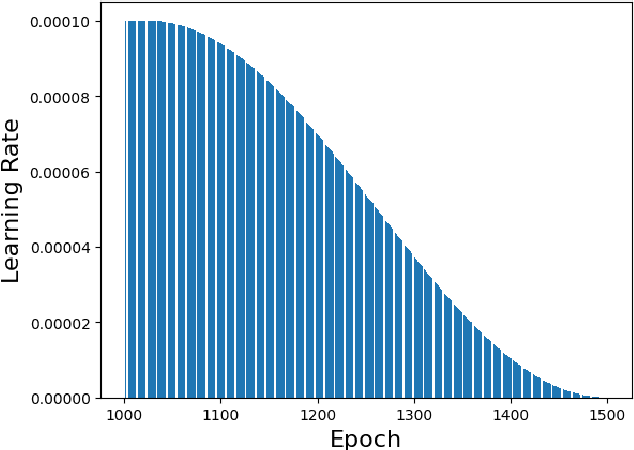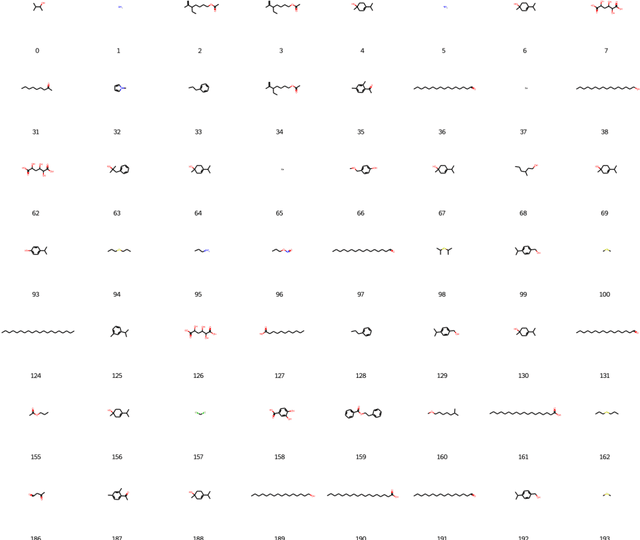Bruno C. L. Rodrigues
Molecule Generation and Optimization for Efficient Fragrance Creation
Feb 19, 2024



Abstract:This research introduces a Machine Learning-centric approach to replicate olfactory experiences, validated through experimental quantification of perfume perception. Key contributions encompass a hybrid model connecting perfume molecular structure to human olfactory perception. This model includes an AI-driven molecule generator (utilizing Graph and Generative Neural Networks), quantification and prediction of odor intensity, and refinery of optimal solvent and molecule combinations for desired fragrances. Additionally, a thermodynamic-based model establishes a link between olfactory perception and liquid-phase concentrations. The methodology employs Transfer Learning and selects the most suitable molecules based on vapor pressure and fragrance notes. Ultimately, a mathematical optimization problem is formulated to minimize discrepancies between new and target olfactory experiences. The methodology is validated by reproducing two distinct olfactory experiences using available experimental data.
A new Reinforcement Learning framework to discover natural flavor molecules
Sep 13, 2022



Abstract:The flavor is the focal point in the flavor industry, which follows social tendencies and behaviors. The research and development of new flavoring agents and molecules are essential in this field. On the other hand, the development of natural flavors plays a critical role in modern society. In light of this, the present work proposes a novel framework based on Scientific Machine Learning to undertake an emerging problem in flavor engineering and industry. Therefore, this work brings an innovative methodology to design new natural flavor molecules. The molecules are evaluated regarding the synthetic accessibility, the number of atoms, and the likeness to a natural or pseudo-natural product.
 Add to Chrome
Add to Chrome Add to Firefox
Add to Firefox Add to Edge
Add to Edge